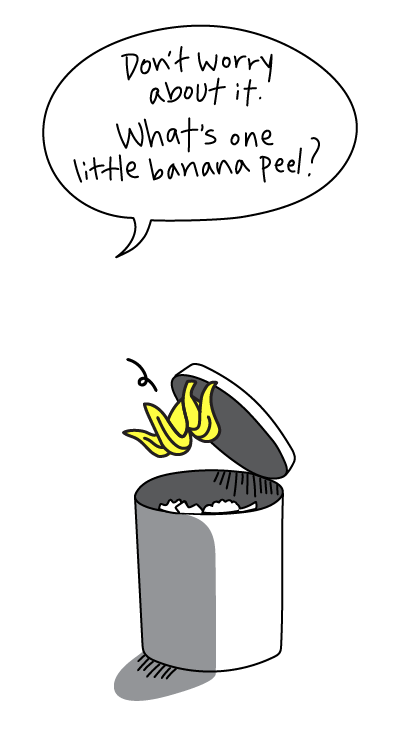The difference in the risk levels and possible outcomes between the decision maker—the person or entity that chose to take a risk—and the bystander who often bears the consequences for that decision maker’s actions.
In short, there are those who take risks and profit from them, and there are those people and things (ecosystems, habitats, the species within those habitats) who were excluded from the decision making process but who pay for the risks.
The duty of every company’s risk manager is to define the risks that result from the company’s activities and, as much as possible, push the costs and consequences of these risks to parties outside of the company. Another duty of the risk manager is to conceal the risks that result from their actions, and the quantification of those risks, from view, so opposition to the action cannot be organized. So because of this concealment there is, in addition to a risk asymmetry between the decision maker and the bystander, also an information asymmetry. This information asymmetry is widened by different methods of obfuscation and misdirection.
One example of a risk asymmetry: A fracking company causes an earthquake by pumping wastewater into the ground. The fracking company suffers no losses as a result but the residents of that area, who were not part of the decision to frack for oil but whose homes are damaged by the earthquakes and whose water is now undrinkable, do.
One reason for high levels of risk asymmetry is the protection afforded companies by limited liability laws.
